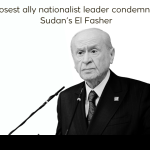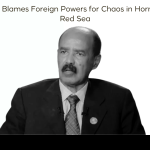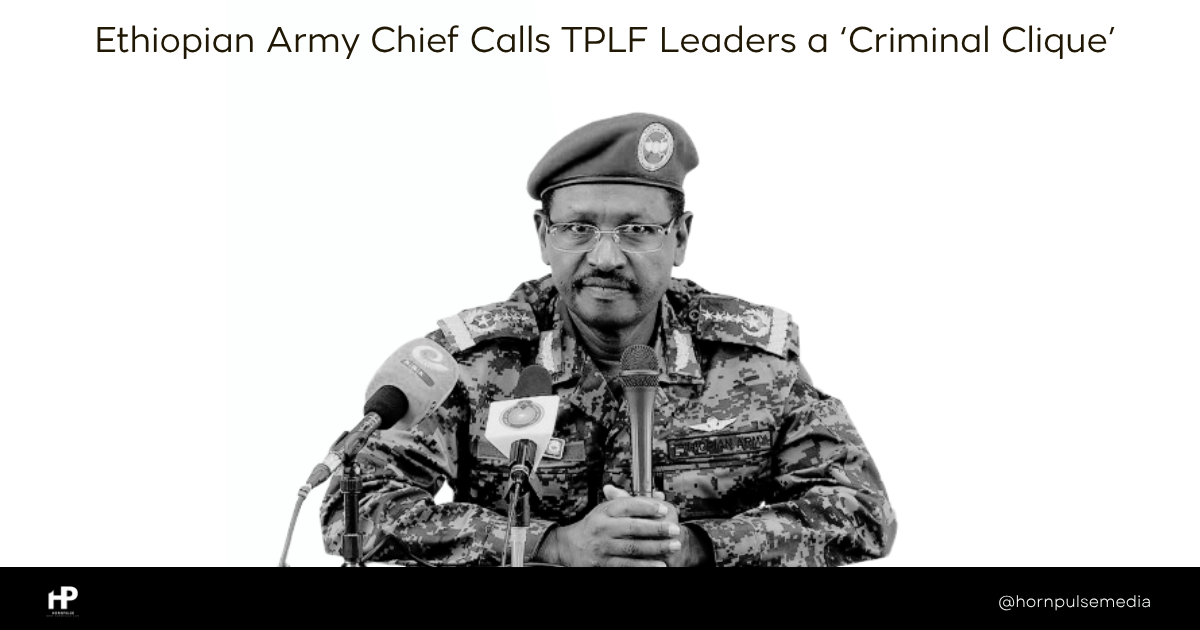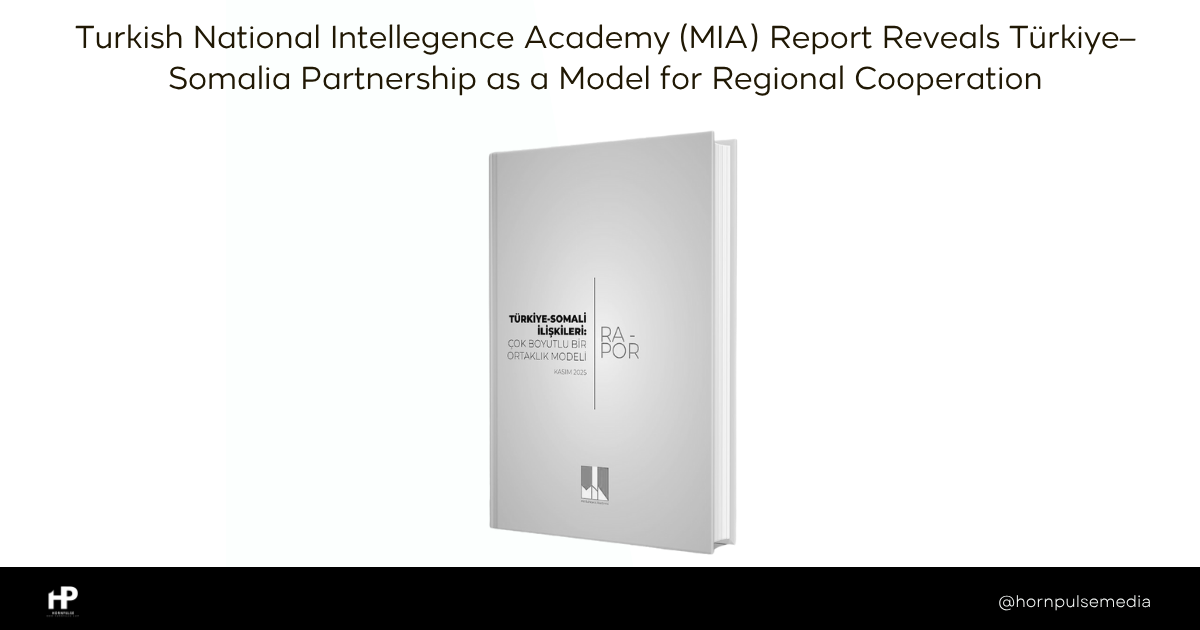
Erdoğan’s closest ally nationalist leader condemns atrocities in Sudan’s El Fasher
November 4, 2025
Isaias Afwerki Blames Foreign Powers for Chaos in Horn of Africa and Red Sea
November 6, 2025Field Marshal Birhanu Jula, chief of staff of the Ethiopian National Defence Forces (ENDF), delivered a blistering denunciation of elements of the Tigray People’s Liberation Front (TPLF) on Monday during a ceremony marking the fifth anniversary of the outbreak of war in Tigray.
Speaking at a memorial event held at the Bishoftu Air Force Training Center on 3 November, Birhanu described a “small clique” inside the TPLF as responsible for what he called a “great betrayal,” and said those individuals “should be eliminated” if Ethiopia is to live in peace. He urged people in Tigray to “liberate themselves” from what he repeatedly called the TPLF’s “criminal clique.”
“When we talk about this betrayal and repulsive history, we are talking about the TPLF, not the people of Tigray,” Birhanu added, seeking to draw a distinction between the movement’s leadership and the wider Tigrayan population.
Despite his harsh rhetoric, the army chief insisted the federal forces did not seek renewed hostilities. “We will not rush, we will not provoke war, we do not want war,” he said. “But if something comes against our peace, our development, our national interest — if it crosses the limit — we must repel it. We are organized and armed for that.”
The comments come amid escalating mutual accusations between the federal government and Tigrayan forces. Tigray commanders have warned of existential threats if they lose the capacity to resist. At a Mekelle conference on 4–5 October 2025, Brig. Gen. Migbe Haile — a senior Tigrayan commander — warned his forces that they would be “eliminated” unless they unite, organize and fight, saying federal actions could erase Tigrayan institutions and culture.
Analysts warn that such uncompromising language on both sides deepens polarization and complicates diplomatic and humanitarian efforts to stabilize the north. Humanitarian organizations have repeatedly documented the long-term human cost of the conflict, including displacement and impeded aid access.
International and local stakeholders continue to urge restraint and renewed dialogue to prevent a return to large-scale fighting. For now, however, the rhetoric from military and political leaders on both sides suggests tensions remain high as the fifth anniversary of the conflict passes.


